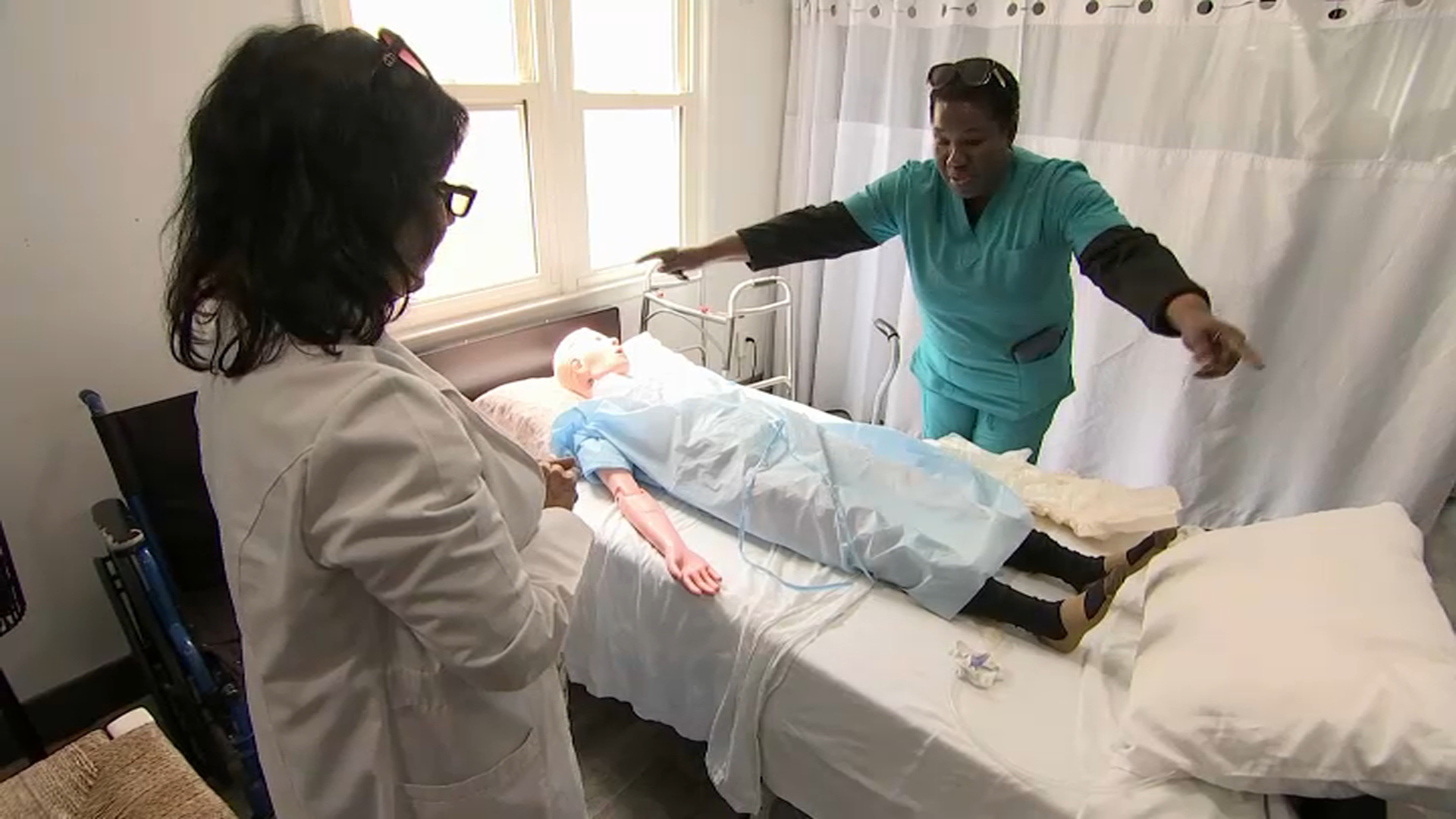
- To date, 24 Republican-led states said they will withdraw from federal unemployment programs a few months early. Governors say benefits are keeping people from looking for jobs.
- Job searches jumped 5% the day states announced they would be cutting off benefits, according to job site Indeed.
- Covid health risks, caregiving duties, early retirements, a large share of furloughed workers and other factors may play a larger role in hiring challenges than enhanced benefits, economists said.
The threat of losing unemployment benefits in two dozen states had a modest but short-lived effect on job search activity, according to an analysis published Thursday by job site Indeed.
At least 24 states have announced their early withdrawal from pandemic-era unemployment programs since early May.
Officials in the states, all led by Republican governors, claim enhanced benefits are keeping people from looking for work. Some are paying one-time bonuses up to $2,000 to people who find and keep a job.
Get Tri-state area news and weather forecasts to your inbox. Sign up for NBC New York newsletters.
Job searches jumped by 5% the day each state announced its intent to pull out of the federal programs, according to Indeed data. (The increase is an average relative to the national trend.)
More from Personal Finance:
60,000 stimulus checks sent to dead people have been returned
Inflation-proof your spending by avoiding these purchases
54% of Americans support state cuts to unemployment
However, that slight uptick quickly tapered off — it vanished eight days after each state's respective announcement.
Local
"To me, the [initial] effect looks modest" said Jed Kolko, chief economist at the Indeed Hiring Lab and author of the report. "And, notably, it's temporary."
The quick drop-off was likely due to declining interest after the initial announcement, and less about people finding a job and therefore stopping their search for work, Kolko said.
"We don't know yet what the effect, if any, might be on hiring volumes or wages," he added. "This is really a first indicator at what effect the early curtailing of the federal benefits might look like."
The report doesn't include data on Florida and Nebraska, the most recent states to announce their withdrawal.
The 24 states are cutting off federal jobless benefits as early as June 12. The American Rescue Plan offers them until Sept. 6.
All workers in those states will see their aid reduced by $300 a week. The self-employed and long-term unemployed will lose benefits entirely in most of the states.
The move affects about 3.5 million people, according to Daniel Zhao, a senior economist at job and recruiting site Glassdoor.
That's more than 1 of every 5 people receiving unemployment benefits, according to Labor Department data.
It's impossible to quantify the extent to which enhanced unemployment benefits are playing a role in any regional labor shortages, according to economists.
Many, however, don't think the federal benefits are playing a large or primary role in hiring challenges among businesses.
Covid-related health risks likely present a bigger obstacle to people rejoining the labor force, especially for in-person work, they said. Less than half of working-age Americans are fully vaccinated.
In addition, there are caregiving burdens while schools and daycare aren't fully reopened. Many older workers also opted to retire early, reducing labor supply.
Further, about 21% of unemployed workers were on temporary layoff (i.e., furloughed) in April, according to the Bureau of Labor Statistics. That share is higher than the typical 10%-15% levels pre-pandemic, Kolko said.
Since these workers expect to get recalled to their prior jobs, they're less likely to be looking for work, he said.
More than half (54%) of Americans think the state governors are doing the right thing by ending federal unemployment programs early, according to a Quinnipiac University poll.



